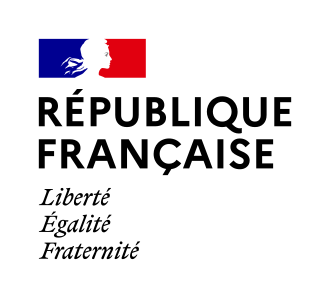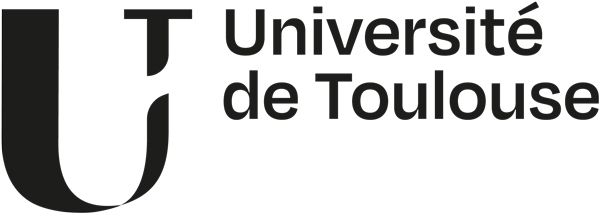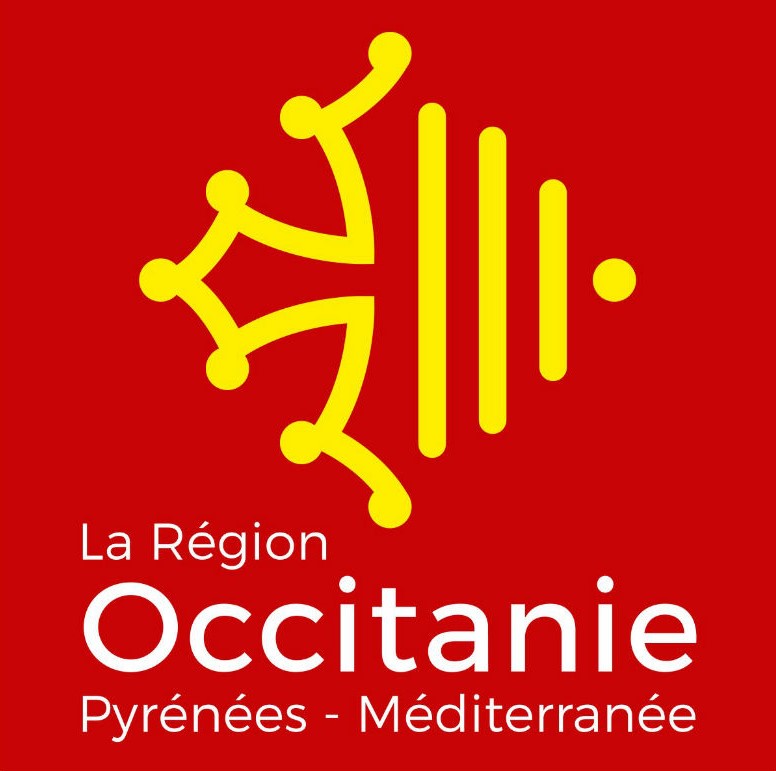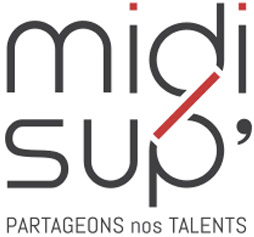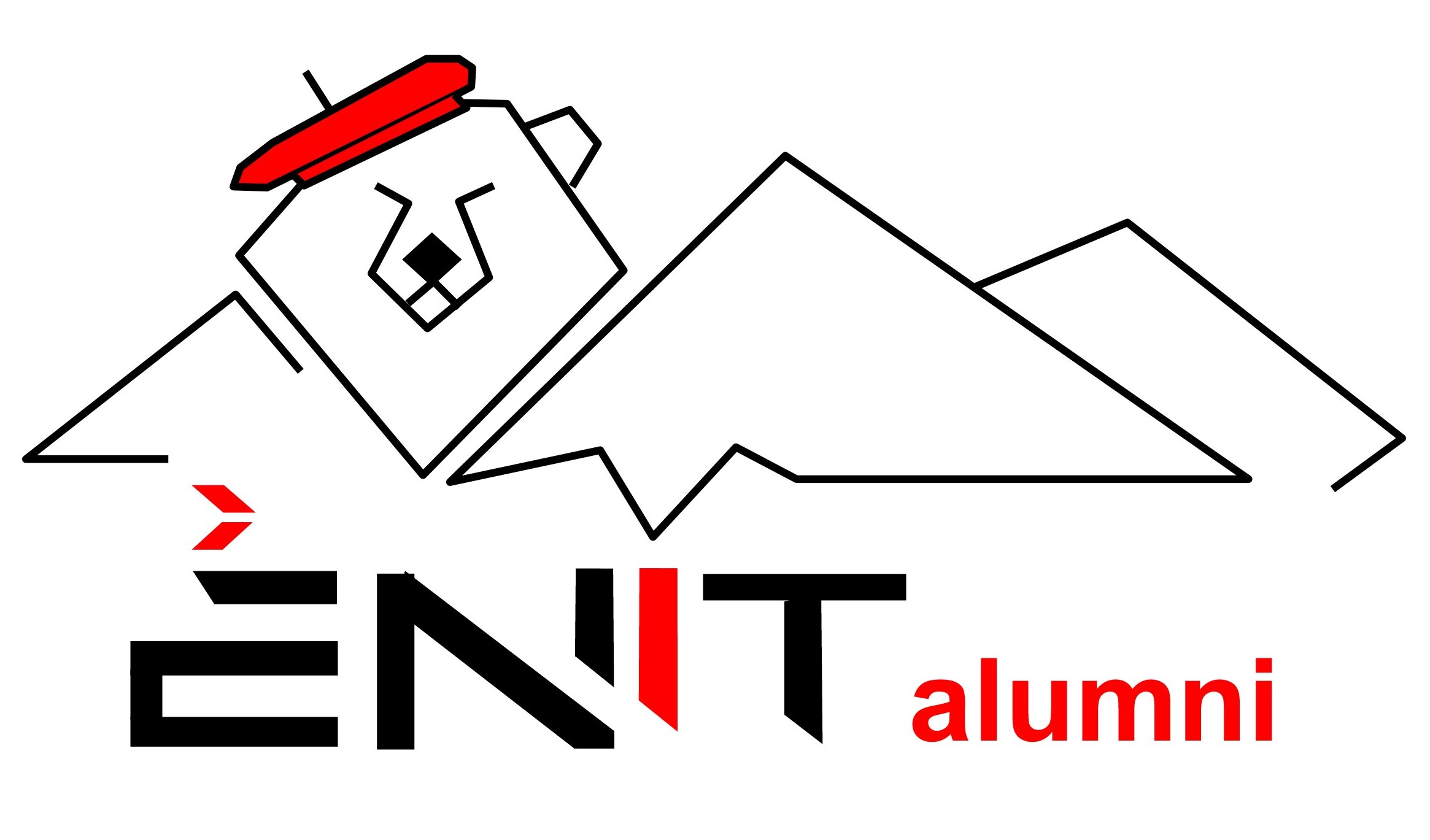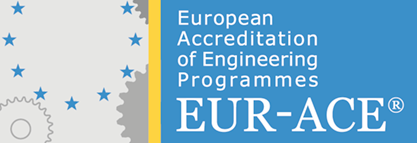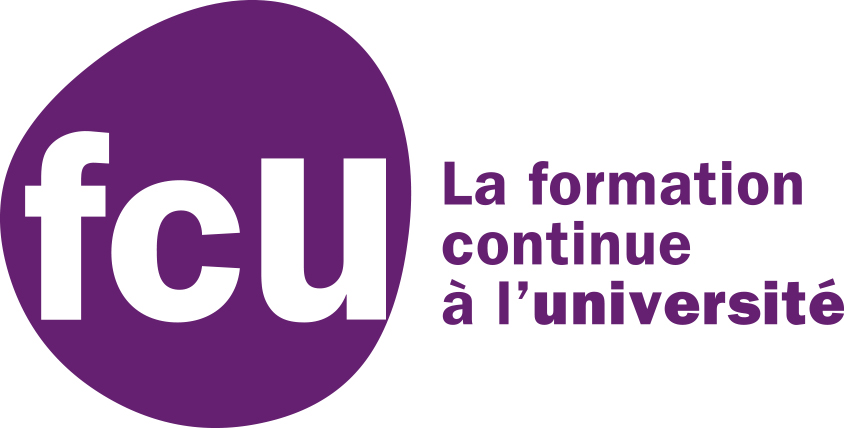THE BOLOGNA PROCESS AND THE EUROPEAN HIGHER EDUCATION AREA
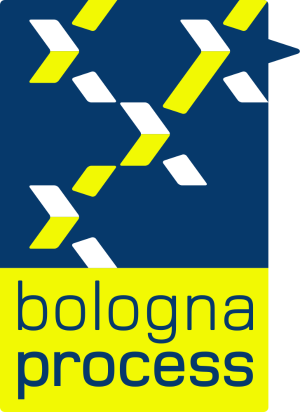
What is it?
The Bologna Process is an intergovernmental cooperation of 48 European countries in the field of higher education. It guides the collective effort of public authorities, universities, teachers, and students, together with stakeholder associations, employers, quality assurance agencies, international organisations, and institutions, including the European Commission, on how to improve the internationalisation of higher education.
The main focus is:
- the introduction of the three cycle system (bachelor/master/doctorate)
- strengthened quality assurance and
- easier recognition of qualifications and periods of study
Why is it needed?
Widely differing education and training systems in Europe have traditionally made it hard for Europeans to use qualifications from one country to apply for a job or a course in another. Increased compatibility between education systems makes it easier for students and job seekers to move within Europe.
At the same time, the Bologna reforms help to make European universities and colleges more competitive and attractive to the rest of the world.
The Bologna Process also supports the modernisation of education and training systems to make sure these meet the needs of a changing labour market. This is important as the proportion of jobs requiring high skills grows, and the demand for innovation and entrepreneurship increases.

